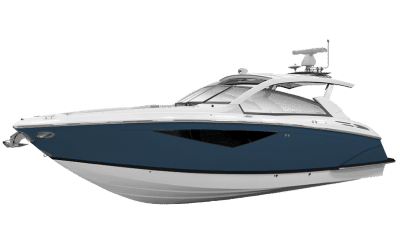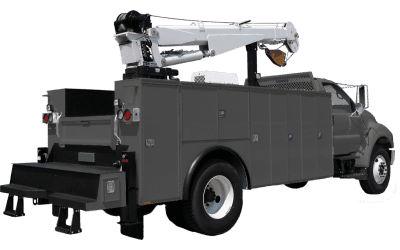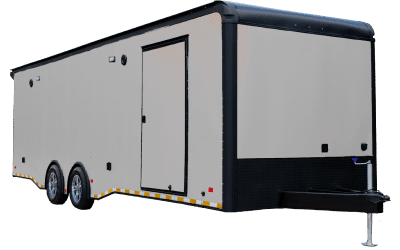Benefits of RV Storage
for South Alabama Motorhome owners
Storing your RV at Titan Storage provides a range of valuable benefits, especially for motorhome owners who prioritize protection and convenience. Our RV storage facility offers premium, climate-controlled storage designed to shield your RV from the intense sun, heavy rain, and humidity that can damage its exterior and interior over time. With state-of-the-art security measures—including gated access, 24/7 surveillance, and continuous monitoring—your vehicle is safe from theft and unauthorized access. Additionally, our flexible access hours ensure that your RV is always ready for your next adventure, whether it’s a weekend getaway or a seasonal journey.
Protection
Our units protect your RV from the elements, such as intense sun, rain, and humidity, to preserve your exterior and interior condition.
Enhanced Security
Titan Storage is equipped with gated access, 24/7 surveillance, and climate-controlled options for the ultimate peace of mind.
Convenience
With convenient access hours, you can retrieve your RV whenever it’s time for your next adventure or maintenance.

Storage for All Types of RVs and Campers
Our facility provides secure, climate-controlled storage for a wide range of recreational vehicles, offering RV owners a convenient and protected space to keep their vehicles in excellent condition. Whether you own a small camper, a large motorhome, or a travel trailer—also known as a caravan outside the U.S.—Titan Storage has the space and features you need. With dedicated units designed for easy access and ample room, we ensure your RV is safely stored and always ready for your next journey.
- RVs: From small to large RVs, we offer units with easy access and ample space.
- Campers: Perfect for pop-up campers and other compact RV types.
- Motorhomes: Keep your motorhome protected with our spacious, climate-controlled units.
- Travel Trailers: Safely store your travel trailer with enough room for maneuvering and quick retrieval.
- Caravans: Our facility offers plenty of space for caravans, so you can avoid the hassle of cramped storage.
Flexible Motorhome Storage
Terms That Work for You
Titan Storage offers flexible rental terms to suit both seasonal and long-term storage needs, making it easy to find the right option for your RV. Our month-to-month terms are ideal for RV owners who need a secure spot during the off-season, allowing for flexibility without a long-term commitment. For those seeking year-round protection, our long-term options provide consistent peace of mind, ensuring that your RV is safely stored and ready whenever you are.
Secure and Accessible
Recreational Vehicle Storage Options
Large Drive-Up Units
Titan Storage offers spacious, 15’x50′ drive-up units specifically designed for recreational vehicles, providing ample room to maneuver and park your RV with ease. Drive-up access means you can pull up directly to your unit, simplifying the process of loading and unloading, which is especially helpful for larger motorhomes and travel trailers. Our units are designed to accommodate even the largest RVs, making storage and retrieval hassle-free.
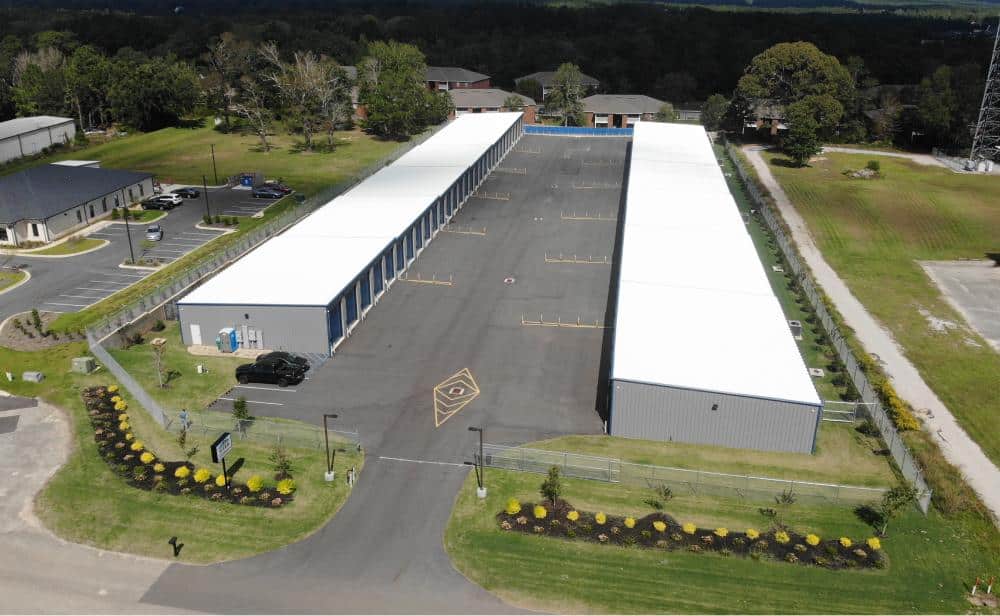
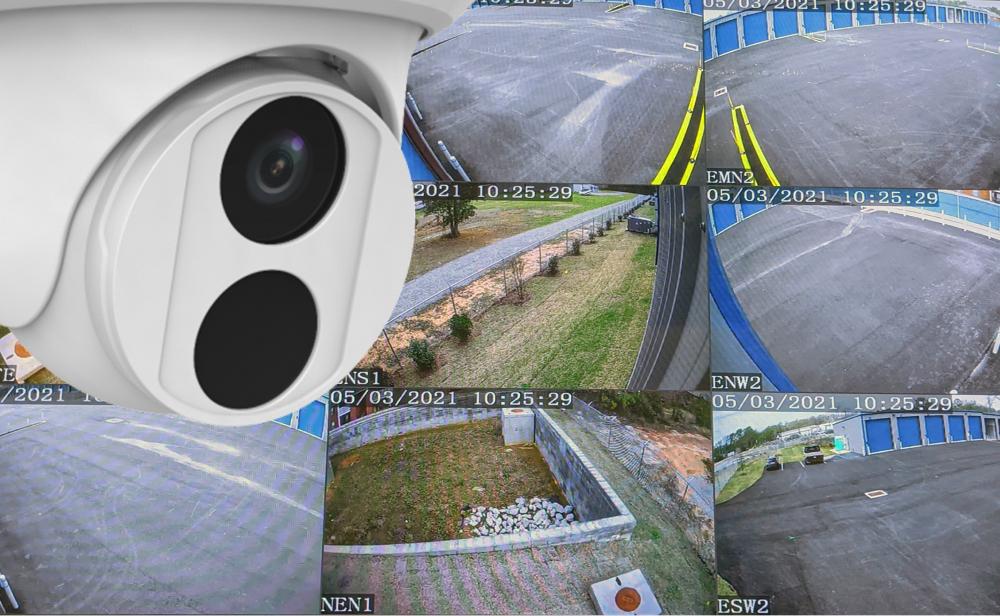
Comprehensive Security Measures
At Titan Storage, security is a top priority, with advanced measures in place to protect your RV. Our RV storage facility features 24/7 surveillance, gated access, and secure locks on all units, ensuring that your vehicle is safe from theft and vandalism. With robust security monitoring, you can store your RV confidently, knowing it’s protected at all times, whether for a short season or long-term.
Climate-Controlled Spaces for RVs
Our climate-controlled units provide RV owners with a reliable way to protect their vehicles from temperature fluctuations and humidity, which can cause wear over time. This added climate control helps prevent issues like mold growth, fading, and cracking, preserving the condition of sensitive materials such as electronics, upholstery, and cabinetry. With a stable environment, your RV’s interior and key features are safeguarded, keeping it in excellent condition year-round.

What Kind of Storage Space Do You Need?
When it comes to storing your RV, Titan Storage offers spacious 15’x50′ climate-controlled units specifically designed for large recreational vehicles. These units provide ample room for a wide range of RVs, from motorhomes and travel trailers to campers, with enough space to maneuver and park with ease. Climate control protects against temperature and humidity fluctuations, preserving your RV’s interior, electronics, and upholstery. This setup ensures that your vehicle is stored in optimal conditions, making it ideal for those seeking premium protection and convenience in RV storage.
Explore Our Full Range of Storage Solutions
RV Storage FAQs
What types of RVs can you accommodate?
We can store a variety of RV sizes, including small campers, travel trailers, and large motorhomes, with spacious units that make parking and storage easy. Contact us to confirm that your specific RV type will fit comfortably in our units.
Do you have climate-controlled units for RV storage?
Yes, our climate-controlled units help protect your RV from humidity and temperature fluctuations, preserving interiors, electronics, and other sensitive components. This feature ensures your RV remains in top condition, especially during long-term storage.
Is my RV safe in your facility?
Titan Storage offers 24/7 security, featuring gated access, surveillance cameras, and secure locks, providing a highly secure environment for RV storage. You can rest easy knowing your vehicle is monitored and protected at all times.
Can I access my RV anytime?
Yes, we provide 24-hour access every day of the year, allowing you to retrieve or store your RV whenever it’s convenient for you. This flexibility is ideal for both regular trips and seasonal storage.
Do you offer seasonal storage options?
Absolutely. We provide flexible month-to-month rentals as well as long-term options, making it easy to store your RV seasonally or for extended periods based on your needs.
Can I perform maintenance on my RV while it’s in storage?
Basic maintenance, like checking the battery or tires, is allowed to help keep your RV ready for use. For more extensive repairs, please contact our team to ensure they meet facility guidelines.
Do you provide electrical hookups for RVs in storage?
Yes, we offer units with different electrical hookup options to meet varying needs. The majority of our units come with a 20-amp outlet, which is suitable for maintaining a battery charge using an adapter plug, though it may not support running multiple systems in the RV. For those needing additional power, we also provide a limited number of units with a 50-amp outlet at a higher rate, ideal for operating additional systems while in storage. Contact our team to discuss your power requirements, and we’ll help you select the best option for your RV.
